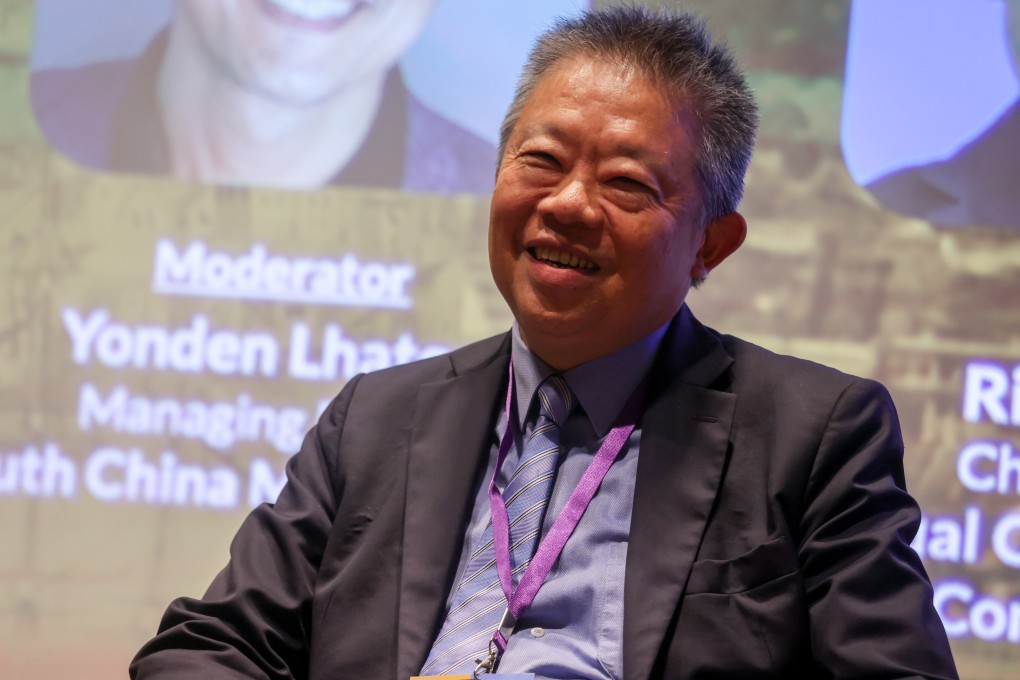Hong Kong equal opportunities watchdog told asking for legislative changes to protect LGBTQ people beyond its powers
- Equal Opportunities Commission chief Ricky Chu says body spent more than year looking at ‘feasibility’ of legal changes to bolster LGBTQ rights
- Chu says commission told by Department of Justice legislative amendments beyond its powers

Equal Opportunities Commission’s (EOC) chairperson Ricky Chu Man-kin, speaking on Friday at a panel discussion on diversity and inclusion as part of the celebration of the 120th anniversary of the Post, noted that between 2020 and 2021 the body had examined the “feasibility” of legal changes to protect LGBTQ rights.
“At that time we were already working on some legislative amendments research for more than 18 months,” Chu said. “Then came … advice from the Department of Justice – If the EOC were to do that, then [it] would be acting ‘ultra vires’,” he said, a Latin legal term which means actions beyond the scope of a body’s legal powers.
“Faced with that advice, we had to change tack.”

The commission was established in 1996 to enforce anti-discrimination legislation designed to cover family status, disability, race and gender. But there is no legislation to protect sexual minorities from bias and prejudice.
